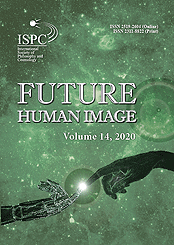Importance of Teaching Philosophy and Ethics in the Light of the Challenges of Future Education
Importance of Teaching Philosophy and Ethics in the Light of the Challenges of Future Education
Author(s): Paweł WalczakSubject(s): Philosophy, Ethics / Practical Philosophy
Published by: Международное философско-космологическое общество
Keywords: philosophical education; ethics education; philosophical inquiry; Mathew Lipman; philosophy for children; system of education;
Summary/Abstract: The philosophical inquiry method (P4C) can be an appropriate tool to support the development of pupils’ competencies that are desirable in education for the future. Compared to other well-known methods of teaching philosophy and ethics, such as historical, doctrinal, or problematic methods, P4Cseems to be the method best suited both for the early stages of education and for the needs and abilities of students. The analysis of the goals and tasks facing contemporary education shows that a modern school in order to prepare its students for good functioning in contemporary society should pay more attention to competencies related to critical and creative thinking, the ability to search and select knowledge,creative problem solving and social skills such as cooperation and empathy. Empirical research is also in favour of a wider application of the research method in teaching. The results of the research presented in the article provide evidence that a program of philosophical research with children and young people can be a good tool for shaping and improving skills related to intellectual and social emotional development.
Journal: Future Human Image
- Issue Year: 2020
- Issue No: 14
- Page Range: 102-107
- Page Count: 6
- Language: English

